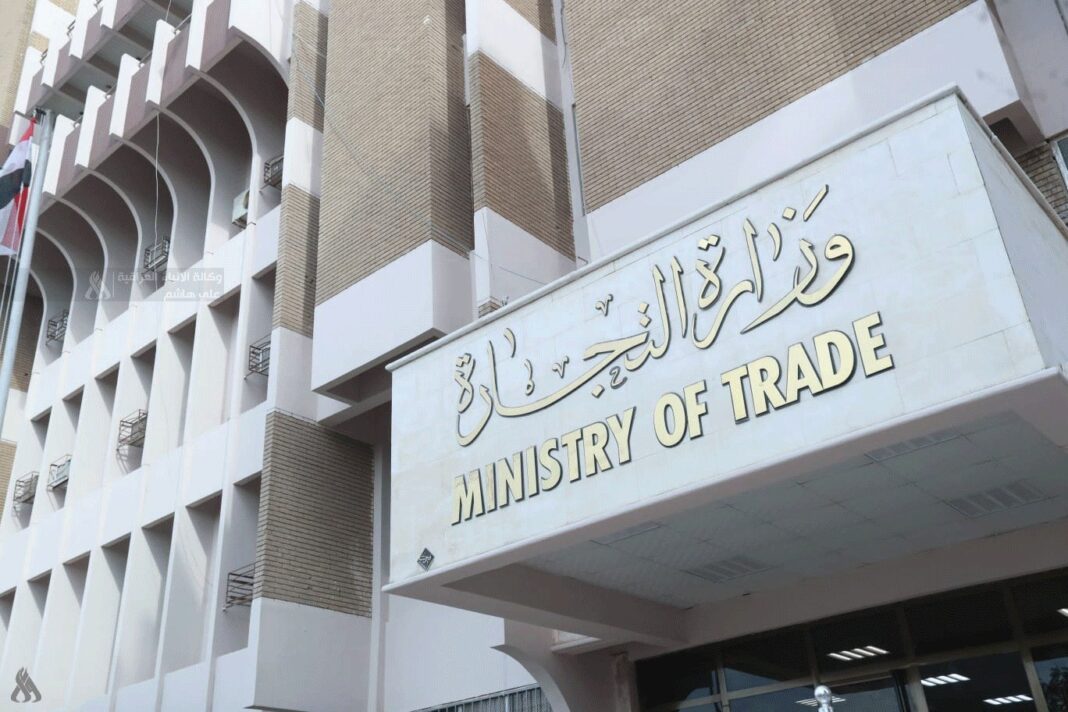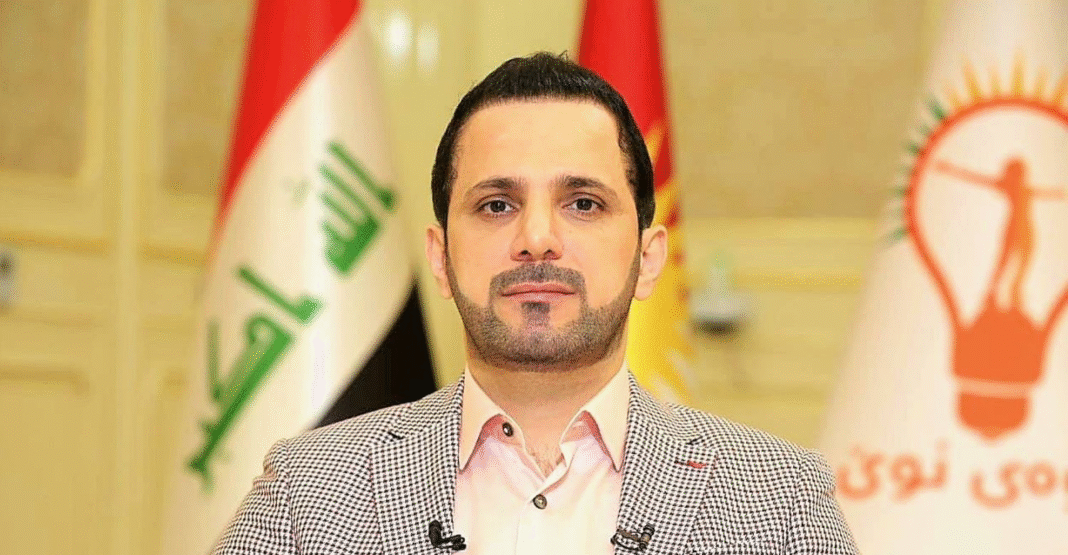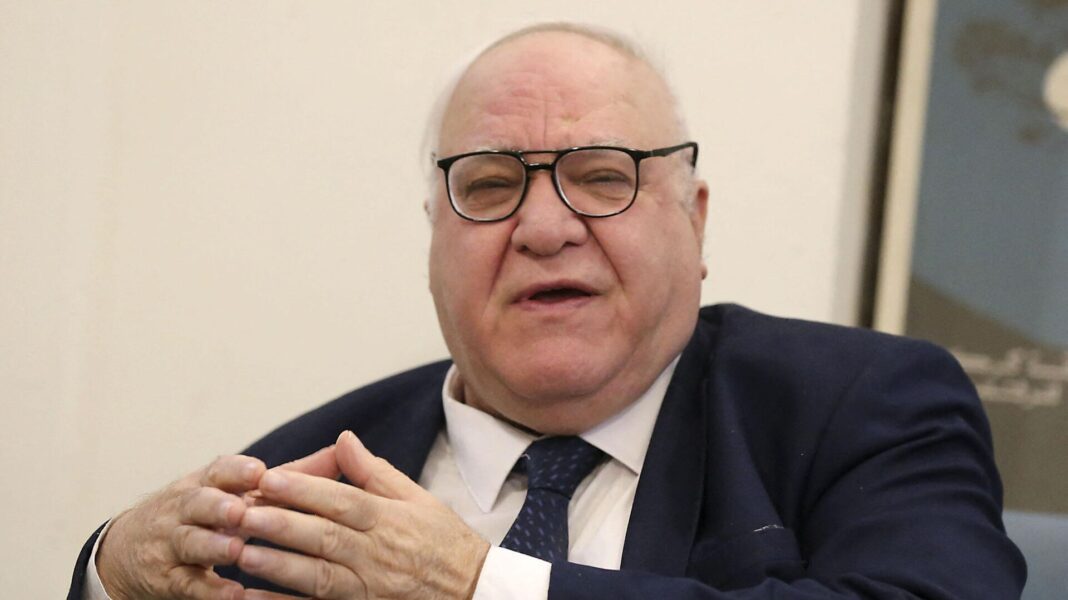Iraq’s Trade Ministry is actively reviewing reforms in the private banking sector to improve financial stability. The private banking sector reforms will focus on enhancing governance, strengthening compliance, and boosting growth. During a recent meeting at the Trade Ministry’s Center for Commercial and Economic Studies, officials discussed solutions to challenges facing private banks.
Furthermore, the discussions highlighted the Central Bank of Iraq’s flexibility with private banks. Officials explored methods to monitor the effects of future policy changes and their impact on financial operations. The ministry aims to submit recommendations to the prime minister. These include maintaining the Central Bank’s flexibility toward private banks, easing limits on sanctioned banks, and ensuring private banks remain actively involved in economic activities.
Iraq’s financial system faces severe challenges, with nearly half of its institutions under international sanctions. Analysts warn that without careful planning, reforms could inadvertently cause instability rather than strengthen the sector. Therefore, the ministry emphasizes gradual, well-monitored changes to prevent disruptions.
Earlier, the Central Bank of Iraq partnered with consulting firm Oliver Wyman to conduct detailed assessments of the banking system. In mid-August, CBI officials met with Oliver Wyman and the Iraqi Private Banks League to discuss proposals for modernizing banking practices. These proposals aim to align Iraq’s private banks with global standards while respecting local laws.
The private banking sector reforms strategy also seeks to stabilize operations, allowing banks to perform efficiently and securely. It will strengthen risk management, governance, and compliance procedures, ensuring banks play a productive economic role. Moreover, officials stressed the importance of improving service quality for clients while supporting sustainable economic growth.
Finally, the Trade Ministry noted that international cooperation and careful oversight remain essential. By implementing these reforms, Iraq hopes the private banking sector reforms will foster trust, attract investments, and enhance overall financial resilience.
Officials stressed that these will require ongoing monitoring, collaboration with international experts, and transparent communication. They aim to enhance investor confidence, support economic stability, and ensure long-term growth across Iraq’s financial system.



